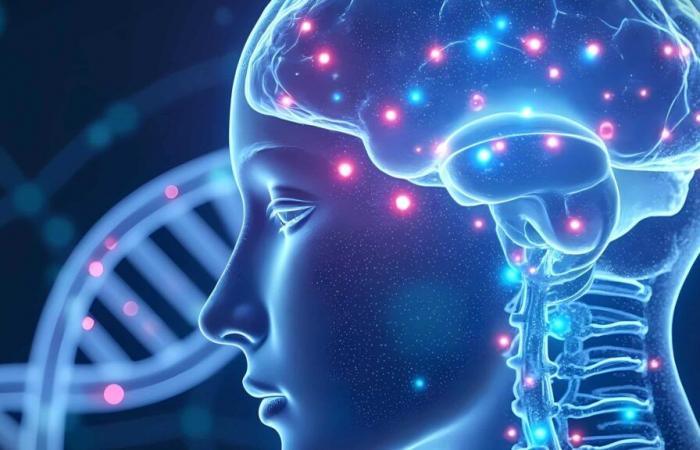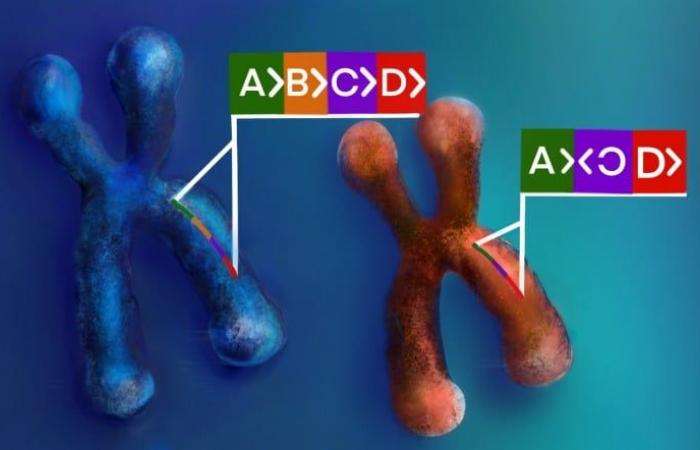⇧ [VIDÉO] You might also like this partner content
Researchers have recently made significant advances in the understanding of psychiatric disorders such as schizophrenia and bipolar disorder. By focusing on genetic aspects, they discovered that complex variations in DNA can influence their appearance. This advancement was made possible by a machine learning algorithm based on artificial intelligence.
DNA is made up of four nucleotide bases: adenine, thymine, cytosine and guanine. These bases form specific pairs, with adenine pairing with thymine and cytosine with guanine, which provides structure to the DNA helix. Sometimes changes occur in the order of these pairs. Simple changes are easily detected through whole-genome sequencing, which comprehensively maps the DNA. However, when faced with complex changes, this technique proves less effective.
In a recent study published in the journal Cellresearchers at Stanford University have developed an innovative alternative, using artificial intelligence to detect these complex structural variations. Their algorithm allows a better understanding of psychiatric pathologies thanks to the detailed analysis of these modifications.
ARC-SV: an innovative detection tool
The tool, named ARC-SV, relies on machine learning to identify complex structural variations in DNA sequences from whole genome sequencing data. Trained with several dozen pangenomes, ARC-SV was tested on 4,262 genomes of people from different regions of the world.
The tool showed a 95% success rate in detecting complex variations. This success rate could be subject to verification by independent studies to confirm these results. The tool revealed that each genome can contain between 80 and 100 of these changes. These complex variations go beyond simple mutations and include inversions, duplications and deletions of large sections of DNA. “Any entire genome sequence should be subjected to this algorithm, as it uncovers important answers currently ignored“, said one of the authors of the study in a press release.
The right chromosome has complex structural variation, including a missing DNA segment (B, orange) as well as an inverted DNA section (C, purple). In comparison, the chromosome on the left does not show these changes. © Emily Moskal of Stanford Medicine
Towards a better understanding of psychiatric illnesses
The researchers then reused the tool to further their analyses, seeking to establish whether certain complex structural variations in the brain could be linked to schizophrenia and bipolar disorder. Genome-wide association studies (GWAS) have already identified areas of the genome associated with increased risk of psychiatric illnesses, without revealing the specific changes that cause these disorders. Thanks to their algorithm, the researchers hope to provide more precision to improve treatments.
See also


To analyze the impact of these complex variations, the team used whole genome sequences and gene expression data from post-mortem brain tissue from healthy subjects and people with schizophrenia or bipolar disorder. The complex changes identified were often in areas already marked by GWAS as likely to be linked to psychiatric risks. Trials showed that these changes influenced the reading of genetic instructions in affected individuals, suggesting a potential link of complex DNA variations with the development of schizophrenia or bipolar disorder.








